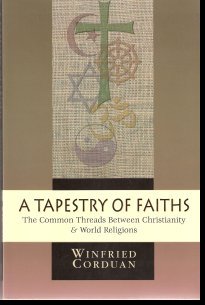I kept a list of the books I completed in 2009 (see the post, "Book Challenge"). If there's a hyperlink, you can find the post where I discussed it:
In Search of a Confident Faith by JP Moreland and Klaus Issler
Next, by Michael Crichton
What We Can't Not Know by J. Budziszewski
A. Lincoln by Ronald White
Harry Potter and the Half-Blood Prince by J.K. Rowling
Harry Potter and the Deathly Hallows by J.K. Rowling
The Rise of Theodore Roosevelt by Edmund Morris
Worship by the Book, DA Carson, ed.
Reclaiming the Center, ed. Millard Erickson, Paul Kjoss Helseth, Justin Taylor
Neither Poverty Nor Riches: A Biblical Theology of Possessions by Craig L. Blomberg
Recapture the Wonder by Ravi Zacharias
Let the Nations Be Glad: The Supremacy of God in Missions by John Piper
The Next Christendom by Philip Jenkins
Reason for the Hope Within, ed. Michael Murray
Master and Commander by Patrick O'Brian
The Legacy of Sovereign Joy by John Piper
The Hidden Smile of God by John Piper
The Roots of Endurance by John Piper
Contending for Our All by John Piper
Housekeeping by Marilynne Robinson
Counsel from the Cross by Elyse Fitzpatrick
A Praying Life by Paul Miller
The Third Man Factor by John Geiger
Made to Stick by Chip and Dan Heath
Just Courage by Gary Haugen
Counterfeit Gods by Tim Keller
The Diversity Culture by Matthew Raley
Organic Outreach for Ordinary People by Kevin Harney
God's Battalions by Rodney Stark
Desiring God by John Piper (audiobook)


